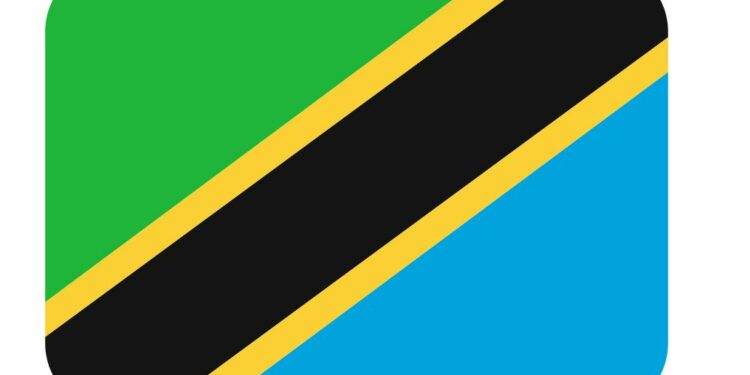Despite an overall decline in identity fraud across Africa, Nigeria and Tanzania have recorded year-on-year increases in fraud rates, driven largely by the rapid rise of synthetic identity fraud powered by artificial intelligence and digital forgery tools, a new report has disclosed.
According to Sumsub’s Q1 2025 Identity Fraud Report, Africa’s general fraud rate dipped slightly to 3.42 per cent, down from 3.50 per cent during the same period in 2024. However, the modest decline conceals a deeper, more troubling transformation in how fraud is perpetrated on the continent.
Sumsub’s vice president of Sales for Africa, Hannes Bezuidenhout, said Africa’s fraud landscape is undergoing a seismic shift, adding that enhanced verification tools have decimated traditional document forgery, but criminals are adapting with synthetic IDs and AI-powered scams.
The report showed that Tanzania now has the highest recorded fraud rate on the continent at 4.89 per cent, reflecting a nearly 10 per cent surge compared to last year. Nigeria followed closely with a 2.5 per cent increase, pushing its fraud rate to 4.44 per cent.
While these figures highlight growing concerns in both countries, they contrast sharply with improvements in other African markets. South Africa saw a dramatic 26 percent reduction in fraud, while Kenya’s rate dropped by 15.5 per cent. Ghana also showed notable progress in curbing identity scams.
Interestingly, traditional fraud methods such as document forgery have significantly declined in several regions. In Nigeria, forgery incidents plummeted by nearly 80 percent, reflecting the impact of improved verification systems.
South Africa followed suit with a 73 per cent reduction, while Kenya and Ghana posted declines of 45 per cent and 50 percent respectively.
However, synthetic identity fraud, which involves the creation of entirely fictitious identities using AI-generated credentials, has sharply increased, becoming the new frontier for digital scammers.
In Nigeria, synthetic fraud rose by 192 percent, now representing 1.5 percent of all verification attempts. Tanzania recorded a 184 percent spike, with such fraud now accounting for over 2 per cent of verifications. In South Africa, while the overall rate remains low at 0.3 per cent, the country experienced a staggering 480 percent year-on-year increase.
Sumsub noted that although Africa does not lead globally in terms of synthetic fraud volume, the sharp rise is in line with global trends and signals the urgent need for a strategic shift in fraud prevention.
“The data proves that fraud prevention is now a race between innovation and adaptation. Businesses must invest in cutting-edge tools that secure their platforms while meeting regulatory standards,” Bezuidenhout added.
The financial services sector has emerged as the most affected industry, with rising fraud rates contrasting with notable improvements in IT services, gaming, and social media platforms. Professional services and social platforms continue to face high risks, with nearly 6 percent of verification attempts flagged as fraudulent in Q1 2025.



